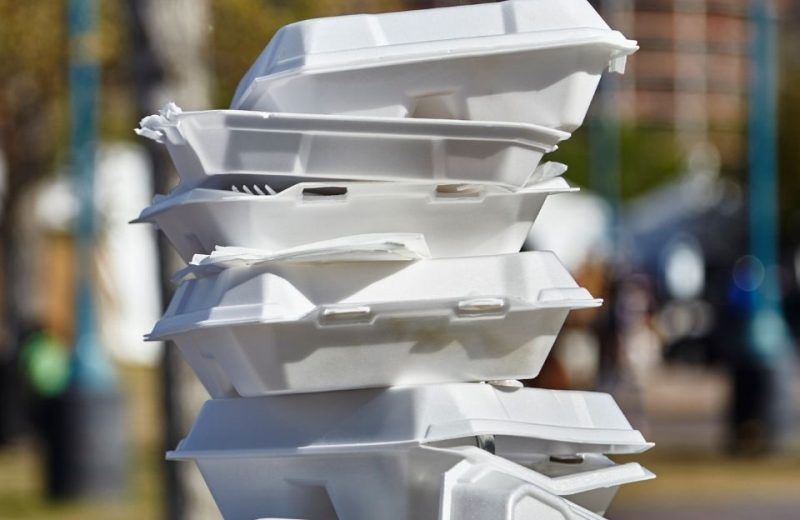The Australian retail industry is leading the way when it comes to environmental progress following the recent Environment Ministers Meeting (EMM).
Ministers recognized the need for greater certainty, and the eight ‘problematic and unnecessary’ plastic product types for industry to phase out nationally under the National Waste Policy Action Plan are as follows:
- lightweight plastic bags
- plastic products misleadingly termed as ‘degradable’
- plastic straws
- plastic utensils and stirrers
- expanded polystyrene (EPS) consumer food containers (e.g. cups and clamshells)
- EPS consumer goods packaging (loose fill and moulded)
- microbeads in personal health care products
National Retail Association (NRA) Director of Policy, David Stout, said that there has been an urgent need for clear, practical and consistent direction on priorities to reduce industry confusion and enable strong action.
“Retailers have been leading the way in sustainability, phasing out lightweight plastic shopping bags, committing to national packaging and food waste targets, developing product stewardship schemes, implementing world-class energy reduction and investing in cutting-edge innovations,” Mr Stout said.
“Retailers, large and small, are actively addressing sustainability across their businesses but it’s not a simple task and it’s easy to get overwhelmed by shifting policies. When laws vary by jurisdiction, sometimes even at a council level, it leads to confusion.
“We have been working with all state and federal governments across Australia to obtain the clear and consistent directions needed to support proactive action.
“It’s promising to see governments recognize that consistency is needed, as most Australian businesses – even small family-run outlets – serve customers across state and territory borders, especially with the growth of online.
Mr Stout noted that a significant shift in customer behaviour is also needed to bring about real environmental change and that retailers are at the coalface of that change.
“Initiatives and regulations need to recognize the pace at which actual consumer behaviour changes. For instance, currently less than 2 per cent of customers remember their own reusable coffee cup, and even less bring their own cutlery or straws,” Mr Stout said.
“Customers still expect convenient and cost-effective options, and retailers alone can’t force that change overnight.”
The NRA also welcomes the announcement that Environment Ministers agreed to work collaboratively to improve the harmonisation of municipal waste systems, organics collection, container deposit schemes and recycling.
“It’s very difficult for retailers to design for maximum recovery and environmental benefit when recycling and organics collection varies per suburb.”
Mr Stout said the NRA will continue to work with all governments to provide updates on production advancements, insight into commercial realities and advice on the assistance retailers need to understand and transition.

